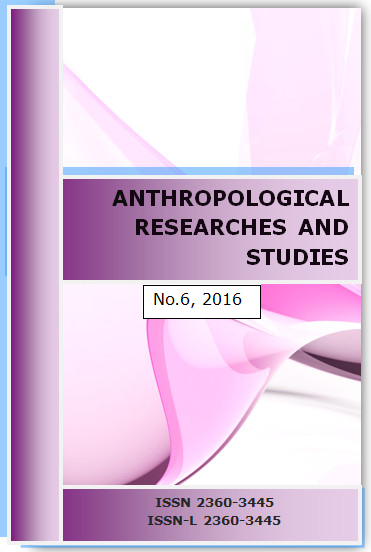Building bridges or bonds: the case of Ghanaian second generation migrants in Ghanaian churches in Amsterdam
Building bridges or bonds: the case of Ghanaian second generation migrants in Ghanaian churches in Amsterdam
Author(s): Justice Richard Kwabena Owusu Kyei, Rafal SmocynskiSubject(s): Social Sciences
Published by: Institutul de Antropologie ,,Francisc I. Rainer” al Academiei Române
Keywords: second-generation migrants; immigrant churches; immigrant integration; Ghana; bridging and bonding social capital.
Summary/Abstract: Objectives. Scholars of immigrant integration generally agree that the success or failure of the integration of immigrants in the host society is determined by the course followed by the second-generation migrants. This research investigates if Ghanaian churches in Amsterdam bond Ghanaian second-generation migrants to their ethnic group and/or bridge them to the mainstream Dutch society. The study of the effect that social capital generated within Ghanaian churches has on the process of assimilation of Ghanaian second-generation migrants in Amsterdam is relevant because of the recent arrival and rapid increase in Ghanaian immigrants and Ghanaian Christian churches in Amsterdam. Material and methods. This work is carried out through ethnographic research methodology of life history interviews, participant observation, informal conversation and in-depth semi-structured interviews. Results and conclusions. The findings show that bonding social capital within some Ghanaian churches in Amsterdam breeds intergenerational intra-marriage rather than intermarriage. Moreover, the research reveals that the religious-cultural identity formed by some of the analysed Ghanaian second-generation migrants contests the politico-legal understanding of citizenship bound to the nation-state and they call for citizenship of participation in everyday life which is marked by equality of rights. The notion of immigrant integration as defined in this research is contested by some of the analysed Ghanaian second-generation migrants that result from their experience of discrimination in the mainstream Dutch society. The enforcement of social control mechanisms on the choice of spouse in Ghanaian churches in Amsterdam is gendered, as the pressure weighs more on the female respondents than the male ones.
Journal: Anthropological Researches and Studies
- Issue Year: 2016
- Issue No: 6
- Page Range: 13-24
- Page Count: 12
- Language: English

